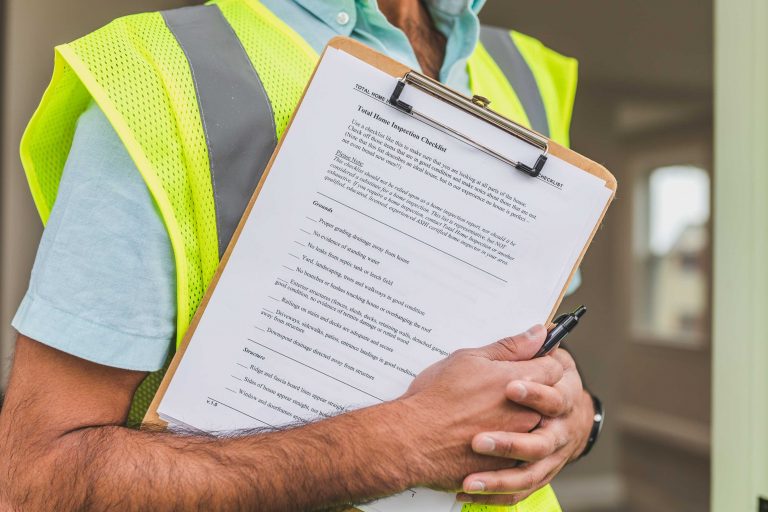A home inspection is an important stage in the process of purchasing a new home. It enables you to uncover any possible concerns with the home before finalising your purchase. Even with a comprehensive examination, it is very unusual to discover flaws in the home. In this blog article, we’ll go through how to deal with house inspection flaws and negotiate the negotiating process.
First and foremost, it is critical to recognise that a house inspection does not ensure that the home is in excellent condition. Rather, it is an evaluation of the home’s existing state and any flaws that may need to be remedied. The inspector will search for structural concerns, electrical and plumbing issues, and any safety dangers during the examination. When the inspection is finished, you will be given a report that details any flaws discovered.
It is critical to prioritise the faults in the house inspection report based on their severity. A little roof leak, for example, may be less urgent than a big structural problem. Once you’ve identified the most critical flaws, you may start talking about them with the seller.
It is vital to approach the vendor negotiation process with fairness and understanding. The vendor may be ignorant of some flaws or may lack the financial means to make all necessary fixes. It’s vital to be honest about the fixes you’re willing to make and the faults you want the seller to fix.
One option for fixing flaws is to request that the seller make fixes before to closing. A “repair request” is a popular approach to resolve defects discovered during a house inspection. If the vendor refuses or is unable to perform the repairs, you may need to examine alternative choices.
Another alternative is to negotiate a lower purchasing price. If the flaws are substantial and the seller is hesitant to make repairs, this may be a viable option. Before making an offer, it is critical to be prepared to bargain and to grasp the market worth of the house.
It is critical to be realistic and flexible while bargaining with the vendor. The objective is to get a fair and reasonable agreement for both sides. If the seller refuses to make repairs, it may be worth exploring other options, such as demanding a price reduction or getting a house warranty to cover any future repairs.
If you decide to request a price reduction, you must have a clear grasp of the cost of the repairs and present this information to the seller. This might assist you in negotiating a reasonable decrease in the sale price to cover the expense of the repairs. It is also critical to examine the timetable for completing the repairs. If the seller is prepared to undertake repairs, it is critical to agree on a timetable for completion. This will assist to guarantee that the repairs are completed on schedule and that you understand when the house will be ready for you to move in.
It’s vital to remember that buying a home is a complicated process with many variables to consider. Take your time, do your research, and don’t be hesitant to ask for help if you’re feeling overwhelmed. You can make an educated decision about your home purchase and guarantee that your new property is in good shape with the correct advice and direction.
Finally, you have the option to back out of the deal. If the flaws are too severe or the seller is reluctant to remedy them, it may be advisable to look for another house.
Finally, faults in house inspections are a regular occurrence during the home-buying process. You can make an informed decision about the property and guarantee that you’re receiving the greatest value if you learn how to manage them and navigate the negotiating process. It’s critical to grasp the property’s market worth, be prepared to negotiate, and prioritise the flaws depending on their severity.


